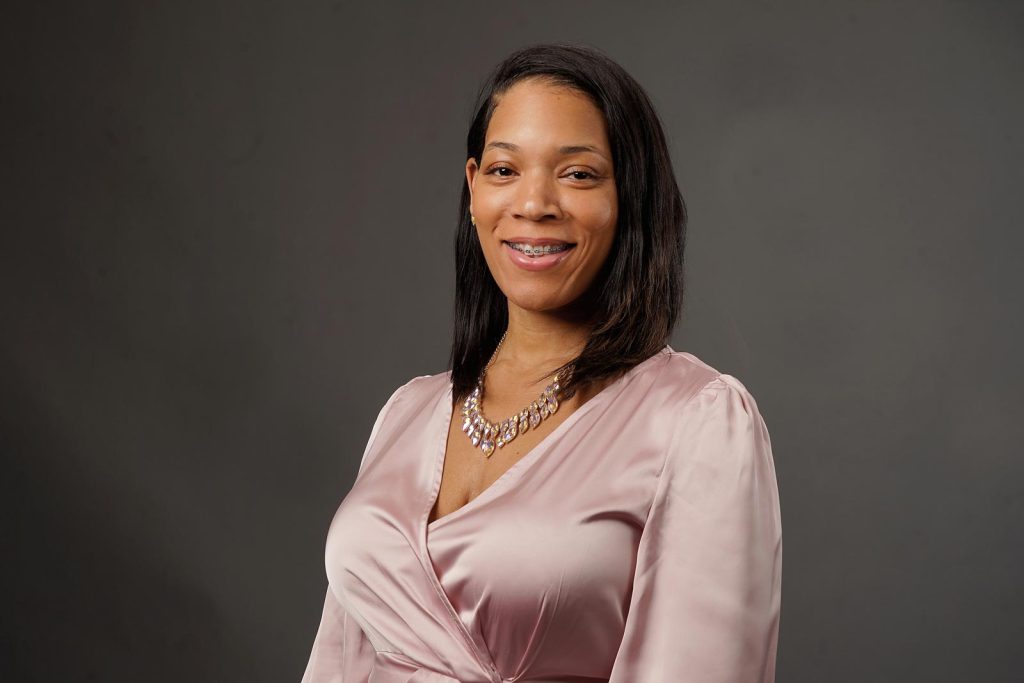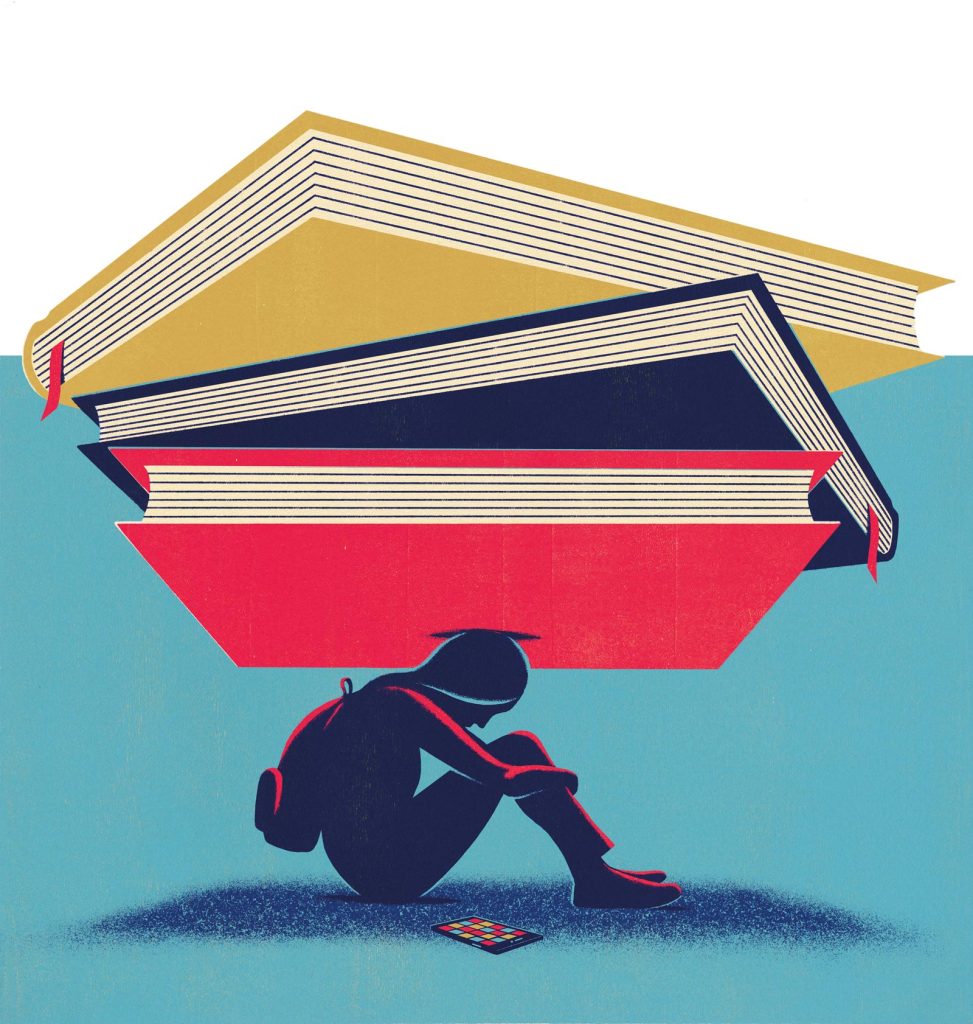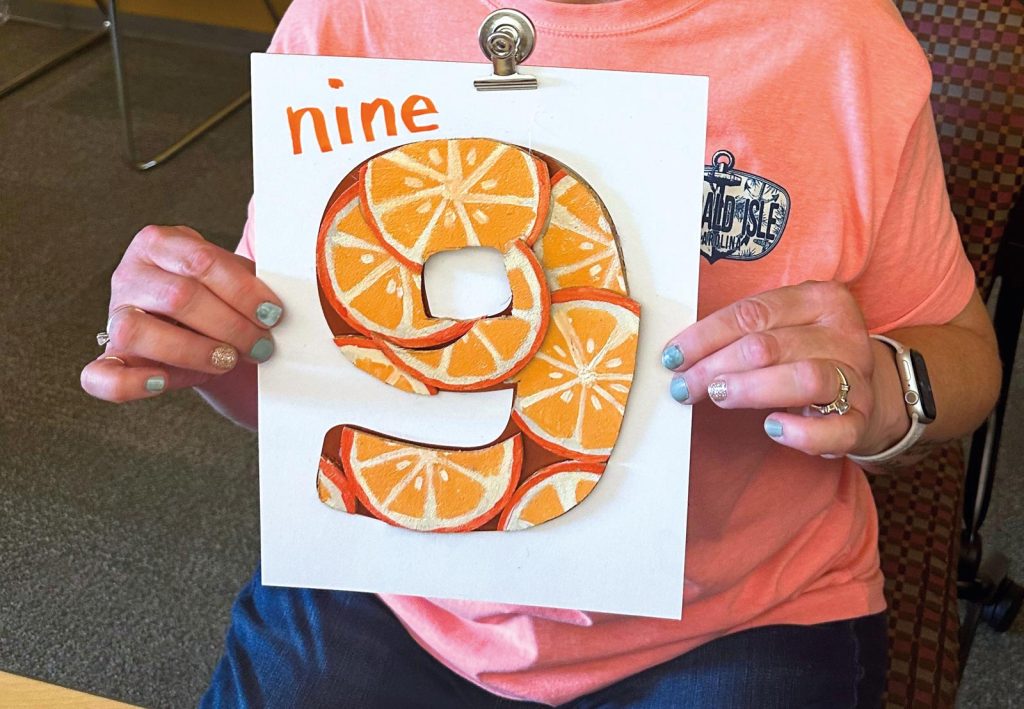Three UBalt alums named to 2024 cohort with other influential leaders
BY JOCELYN T. SLAUGHTER

Dr. Martin Luther King Jr. famously stated, “Life’s most persistent and urgent question is, ‘What are you doing for others?’’’ Nonprofit leaders lean into this question with their purposeful work in their communities by seeking to provide transformative societal change even while they metamorphosize as individuals.
Three University of Baltimore alumni—Tonaeya Moore M.P.A. ’20; Loren Nelson, B.A. ’21, M.S. ’24; and Derrick Whiting, B.A. ’23 were recently recognized by The Baltimore Banner for having answered Dr. King’s question. Each was honored as one of the local news outlet’s 2024 Emerging Leaders during a ceremony in May.


 This spring, a new Service Learning Fellowship launched, allowing faculty and students to make an even bigger impact outside the classroom. Funded by the University System of Maryland, the program provides faculty with stipends to deepen community engagement through their coursework.
This spring, a new Service Learning Fellowship launched, allowing faculty and students to make an even bigger impact outside the classroom. Funded by the University System of Maryland, the program provides faculty with stipends to deepen community engagement through their coursework.